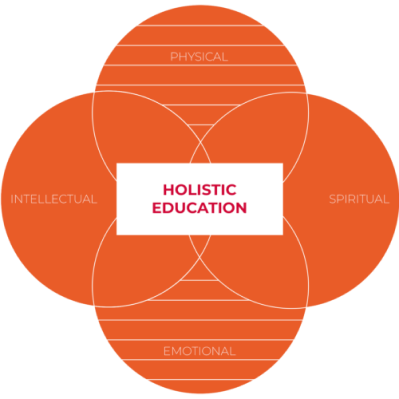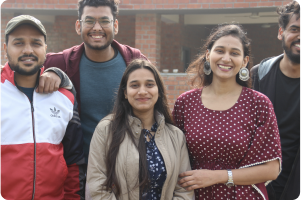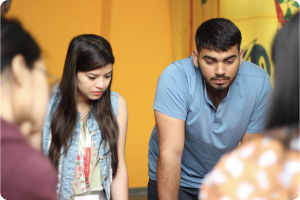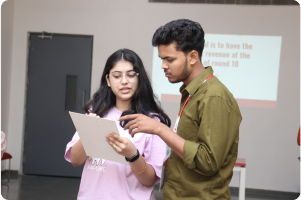- Programs
- Admissions
- Campus Life
- Community
- Schools of Rishihood
- Centres of Rishihood
- Research At Rishihood
- International Journal of Advances in Design and Innovation (IJADI)
- International Journal of Studies in Public Leadership (IJSPL)
- International Journal of Entrepreneurship and Startup Ventures
- Design Clinic
- Research and Development Cell
- Utsaha – Incubation Centre
- International Symposium and Conference
- Explore
- Contact Us









